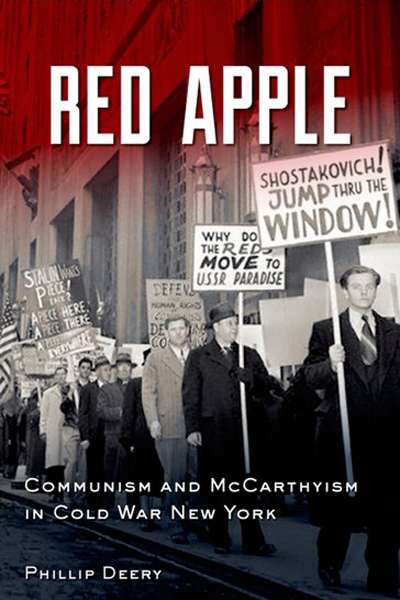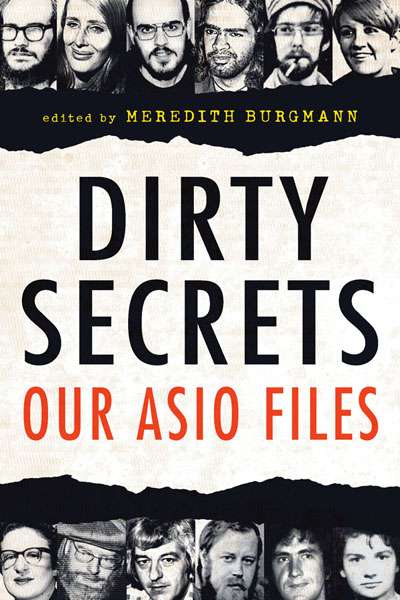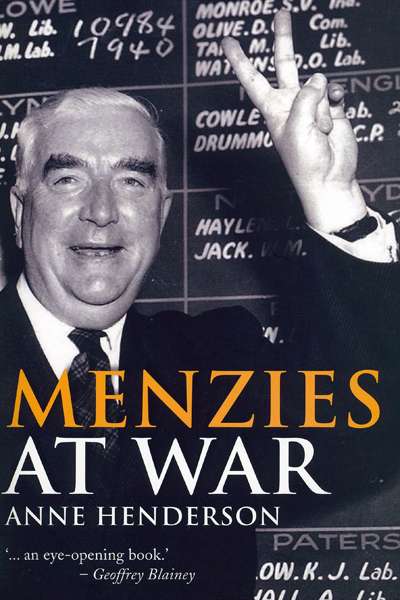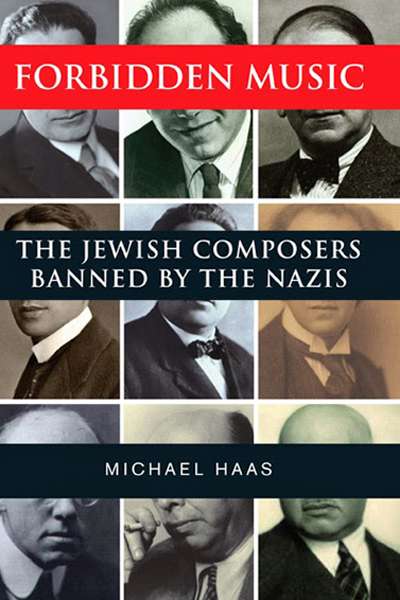History
Visions of Colonial Grandeur: John Twycross at Melbourne’s International Exhibitions by Charlotte Smith and Benjamin Thomas
Not many substantial private collections of art and decorative arts in Australia have remained intact from the nineteenth century. John Twycross (1819–89) was one of Melbourne’s early art collectors, and his collection has proved to be an exception. Twycross, lured there by the gold rush, made his money as a merchant in Melbourne in the middle of the nineteenth century. He began collecting art during the 1860s and became a major lender to the National Gallery of Victoria’s historic 1869 loan exhibition. He also spent heavily at the Melbourne International Exhibition of 1880 and even made a few purchases from the Melbourne Centennial Exhibition of 1888, the year before he died. He was also a lender to the 1888 exhibition. Some 200 of the works that Twycross purchased at these exhibitions have remained together. In 2009 a descendant donated them to Museum Victoria, which is custodian of the Royal Exhibition Building.
... (read more)Red Apple: Communism and Mccarthyism in Cold War New York by Phillip Deery
This book is about a moral panic resulting in the deployment of huge police and bureaucratic resources to ruin the lives of some unlucky individuals who were, or seemed to be, Communist Party members or sympathisers. None of Deery’s cases seems to have been doing anything that posed an actual threat to the US government or population; that, at least, is how it looks in retrospect. But at the time the House Un-American Activities Committee (HUAC) and the FBI judged otherwise and saw them as dangerous anti-democratic conspirators pledged to undermine, if not overthrow, the state. (Does any of this sound familiar?)
... (read more)Notebooks, English Virtuosi, and Early Modern Science by Richard Yeo
With the advent of digital technology and the Internet, traditional paper-based scholarship appears increasingly threatened with redundancy, if not total obsolescence. This may help to explain current interest in the various techniques adopted by early modern natural philosophers and scholars who struggled to cope with the diverse and rapidly expanding bodies of data at their disposal.
... (read more)Josephine Baker and the Rainbow Tribe by Matthew Pratt Guterl
When Josephine Baker died in Paris in April 1975, it was almost fifty years since her sensational triumph in that city in 1925 as the star of La Revue Nègre. Her legendary status in France today remains linked to her emblematic role in the extraordinary unleashing of emotion and sensuality that came with the French Jazz Age and its upheaval of tradition. But her image also includes her work in the Resistance during the German Occupation, work which saved lives and assisted vital communication, earning her the Croix de Guerre, the Resistance Medal, and the Legion of Honour. Both culturally and politically she is perceived as a figure of liberation. Her experiment in adopting a large multiracial family – The ‘Rainbow Tribe’ – and raising the children in her Dordogne château, while generally shrugged off as a failed Utopian dream, and the cause of the financial ruin that necessitated her rescue by Princess Grace of Monaco, is also seen as evidence of a laudable anti-racist stance. And her humanitarian activism in the United States and South America are folded into the same positive picture of a woman who, having chosen France as her heartland, has been elected by the French as a national treasure.
... (read more)The German film The Lives of Others (2006) ends with a coda, set after the fall of the Berlin Wall, in which protagonist Georg Dreyman is finally allowed access to the volumes of secret files collected on him by the Stasi. Apart from the sheer number, what strikes Georg most is the utter banality of the information contained within. It is a familiar reaction among the contributors to Dirty Secrets, a collection of essays from prominent Australians on the receipt of their ASIO files.
Meredith Burgmann, who has edited these essays, is refreshingly honest as to her aims. ‘I wanted to look at the effect of spying on those who have been its targets,’ she says in her introduction. Delightedly she adds, ‘We are finally writing about them instead of them writing about us.’ The lingering outrage underpinning the book rarely subsides.
... (read more)Wilhelm II: Into the abyss of war and exile, 1900–1941 by John C.G. Rohl
Wilhelm II, German Kaiser and King of Prussia, may be a shadowy figure for Australian readers, better known as the butt of funny-scary caricatures in British World War I propaganda or of black humour in popular soldiers’ songs, than as a political player in his own right. He remains enigmatic even for scholars. Some hand him the burden of responsibility for World War I, despite the immediate trigger being the military standoff between two other states altogether, Austro-Hungary and Serbia. Others see him as an incompetent figurehead who merely rubberstamped the territorial ambitions of the German military.
... (read more)Prime ministers seem to value longevity, whether it is Bob Hawke relishing the fact that he served longer than John Curtin and Ben Chifley combined, or John Howard relishing that he served longer than Hawke. But no prime minister is likely to serve as long as Robert Menzies’ sixteen years as prime minister from 1949 to 1966. His record is even more impressive when his earlier term (1939–1941) is included.
... (read more)The Commonwealth Games: Extraordinary stories behind the medals by Brian Oliver
The Commonwealth Games, like the Commonwealth of Nations, often seem irrelevant. I intended to declare my bias in this review when I found author Brian Oliver saying the same thing on the first page of his introduction. But, as the author points out, the Games have survived the political, cultural, and sporting odds for more than eighty years and have a rich sporting history.
... (read more)Forbidden Music by Michael Haas & Hollywood and Hitler by Thomas Doherty
For all their differences of subject matter and approach (not to mention style), both of these studies can be seen as belonging to the category of what might be termed archaeological history. That is, they are concerned with retrieving and bringing to the surface a gallery of characters and set of important stories and connections which have been either suppressed or ignored.
... (read more)Lines of Descent: W.E.B. Du Bois and the emergence of identity by Kwame Anthony Appiah
William Edward Burghardt Du Bois (1868–1963) forged one of the most remarkable careers of his generation. Starting in the 1890s, often considered the nadir of race relations in the United States, he became the first black man to hold a Harvard bachelor’s degree; emerged as Booker T. Washington’s most eloquent opponent on the issue of segregation; published pioneering work across many genres, including The Souls of Black Folk (1903); and after founding the National Association for the Advancement of Colored People (NAACP) went on to become the dominant voice of the Pan-African movement.
... (read more)









